Welcome
I started this blog in 2013 to share my reflections on reading, writing and psychology, along with my journey to become a published novelist. I soon graduated to about twenty book reviews a month and a weekly 99-word story. Ten years later, I've transferred my writing / publication updates to my new website but will continue here with occasional reviews and flash fiction pieces, and maybe the odd personal post.
|
Here are two books featuring different kinds of caring: the first a translated memoir about a healthcare professional who looks after people’s minds along with their feet; the second a novel about an actor who opens his home to his struggling father and to his childhood friend.
6 Comments
Do you remember that song about the sisters, devoted to each other … unless a man should come between them? Here are two versions of the novelisation of that story. In the first, set primarily in the Philippines, the two daughters of a former dissident compete for the affections of a powerful man. In the second, a YA dystopian novel, thirty teenagers who’ve been raised together, and think of each other as sisters, also hope to be chosen a high-status man. In both cases, their position is bleak, but the culture and politics of the society they inhabit render the alternative bleaker still.
Two translated novels – the first from Hebrew, the second from French – about young people invited to apply for grants to support their ambitions, which lead them into damaging situations. The first is about a tour guide to the Nazi death camps; the second about a teenage dancer groomed for abuse (with a section from the point of view of her school boyfriend, who feels burdened by his Jewish heritage). They question whether the legacy of such cruelty is to forgive, forget or become monsters ourselves. Difficult subjects, but both an easy and worthwhile read.
These very different novels are both about young men detained in strange settings: the first a psychiatric ward; the second a labyrinth. Steven, in the first, is a reluctant captive who needs to learn the value of where he’s landed in order to leave. Piranesi, in the second, seems perfectly adapted to his environment, but he needs to discover the dark side to become his full self.
I was going to call this post hopes dashed, but that would be too sensational for these two lovely novels about women getting on with it after disappointment, not because they’re heroic survivors but because they’re ordinary flawed human beings. In the first, an untenured academic carries on as normal despite a drawn-out miscarriage; in the second, an aspiring artist continues painting despite a lack of talent and community support. Both stories unfold in elegant understated prose with touches of humour.
I’m struck by the similarities between these two novels, despite being of different genres and set six centuries apart. Both are about men who take pride in their knowledge and intellect yet are blind to the biases that limit their understanding, particularly in relation to women and to physical health. The first is about a nuclear physicist dosing himself with radiation, the second about a young monk’s encounter with the Black Death.
I’m sharing my reflections on two books I read recently, which I enjoyed despite not being my usual reads. I bought them because they relate to my interest in mental health issues, but there must have been more than that. Both are based on true stories - the second is actually creative non-fiction - about the author’s friendship with someone who has a psychiatric diagnosis and has been subjected to a care system that is often uncaring. Like my latest novel, Matilda Windsor Is Coming Home, they celebrate marginalised lives.
Let me tell you about these four novels featuring older women looking back at their lives, and forward, some with dread, to what’s left of it. The first is a translated novel set in Belarus. The second and fourth are set in care homes around the middle of the twentieth century. The third is a contemporary novel set in a London hospital with flashbacks to a glittery Alexandria. All illustrate the vulnerability of old age, but also the strength and spirit of the central characters.
Here are two novels about forced migrations and which focus on structural inequalities and the particular dangers to women and girls. The first is about the partition of India in the mid-1940s and the second a contemporary novel set in the Americas.
These two historical novels, set near the dawn of the twentieth century, illustrate how appallingly women’s freedoms, even – or especially – over custody of their own bodies, have been controlled by men. Both stories take place in or around institutions: the first an Irish hospital battling the pandemic; the second a university battling the ordinary citizens of an English town.
Forgive the tenuous connection between these recent reads, the first featuring harem women in Egypt at the beginning of the twentieth century and the second a contemporary Italian girl who grows into a woman while imprisoned in a container. While you might shudder at the latter, I urge you to give it a chance, as it’s one of my favourite reads of 2021.
Well, what do you know? I can’t recall when I last read a novel featuring a kidnapping, and then two come along at once, both published (in the UK at least) on the same day (May 6). It’s worth noting, however, that I wouldn’t have flagged them as kidnap stories if I were posting these reviews individually. But it does distinguish them from the many other novels I might read about friendship and women’s lives from childhood to middle age. The first is set in the USA and the second in Nigeria and, if either sounds like your kind of story, don’t hesitate to get yourself a copy.
These two recent rereads focus on older characters who have been diminished by their culture’s punitive attitudes to their sexuality. In the first, a contemporary Londoner has hidden his love for his closest friend on account of the Caribbean community’s homophobia. In the second, a woman has been ostracised in twentieth-century Ireland because of the misogyny and genophobia among the powerful Catholic clergy. Yet a degree of redemption is offered to the characters, albeit late in life.
Salina roams aimlessly through the desert, sequentially accompanied by each of her three sons. Harold is physically and mentally unprepared for his epic journey, although he does have a specific destination in sight. Salina’s story unfolds in a newly-published novella, translated from the French; Harold’s in a deceptively light bestseller, published in 2012.
It was good to read these two American novels about Black gay men, especially during LGBT history month: the second set in 19th-century Mississippi and an unnamed part of Africa; the first set in contemporary Texas and Japan.
What’s the impact of inequality and injustice on friendship? These two London-set novels might go some way to helping us understand. In the first, two women unite to claim a degree of personhood and agency within the culture of misogyny in the court of James I; in the second, a young Black man struggles to maintain a loving relationship within a contemporary climate of institutional racism.
I’m sharing my reflections on two novels, published a few years ago about retired schoolteachers who are forced to reappraise aspects of their pasts. Julia Garnet, a former history teacher in South London, has her epiphany in Venice; former maths teacher, Olive Kitteridge, stays in her home town in Maine. Both women have hidden their vulnerabilities beneath a steely shell. Both demonstrate it’s never too late to learn.
Two novels that have sat on my bookshelves for a while, the first waiting to be read, and the second loved and waiting to be re-read. Written by acclaimed female novelists – the first British and the second, Canadian, now deceased – read on to see what this unacclaimed female novelist, also the author of a fictional biography, thought.
Two novels featuring sex and psychotherapy: can you guess which one I couldn’t finish? The other is both entertaining and educational, so put your feet up and read on.
I’ve recently read these two memoirs which celebrate the fortitude of the authors’ mothers, especially in later life. Both stories are precipitated by a death: in the case of Alison Jean Lester’s memoir, it’s her mother’s confrontation with terminal cancer; for Geoff Le Pard, it’s the revelation of a new side of his mother’s character on becoming a widow. Both are touching tributes, peppered with poetry and humour.
Two recent reads set in medieval Europe, where reluctant heroines must confront obstacles both spiritual and tangible to take a chance on happiness with the man they love. The first is set in Britain and the second, two centuries later, in France. Both include St Margaret as a minor character, but I was rooting for the maids on a mission, hoping they’d save their loved ones, and themselves.
No, I'm not going to mention the election, although I read the second of these two novels as a certain world leader screamed for the count to be suspended in some states and accelerated in others. And I wouldn't want to speculate on whether the status of these fictionalised ordinary Americans might shed some light on how half the country lost its mind. But I do love a story that upends the American dream. Where is the space for those who don’t strive for success and fame? Where do the American Asians fit in the narrative? Prepare to be provoked and entertained!
I’m sharing my thoughts about three recent reads set in communities slightly apart from the mainstream: the first two in contemporary residential care settings and the third in a dystopian future world. In genre they’re also slightly apart from my usual fare: the first mass-market commercial fiction; the second, a translation (and therefore closest to my usual); the third, cyberpunk. Each offered something to intrigue and enjoy.
|
entertaining fiction about identity, mental health and social justice
Annecdotal is where real life brushes up against the fictional.
Annecdotist is the blogging persona of Anne Goodwin:
reader, writer, slug-slayer, tramper of moors, recovering psychologist, struggling soprano, author of three fiction books. LATEST POSTS HERE
I don't post to a schedule, but average around ten reviews a month (see here for an alphabetical list), some linked to a weekly flash fiction, plus posts on my WIPs and published books. Your comments are welcome any time any where. Get new posts direct to your inbox ...
or click here …
Popular posts
Categories/Tags
All
Archives
March 2024
BLOGGING COMMUNITIES
|
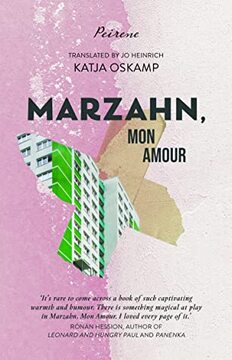
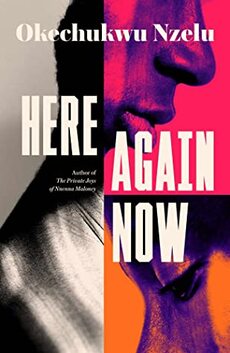
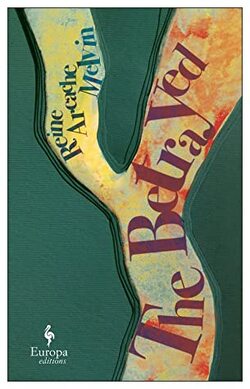
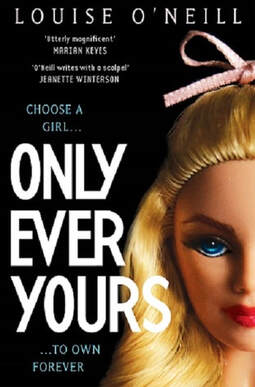
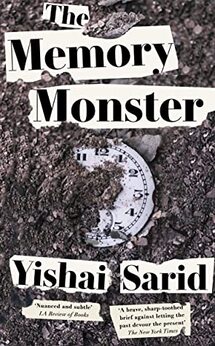
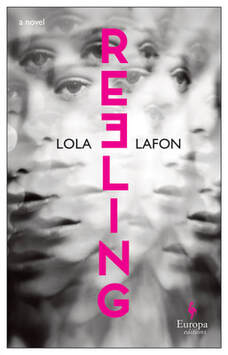
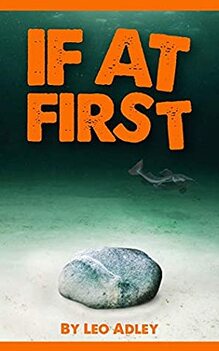
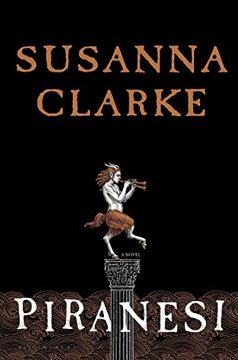
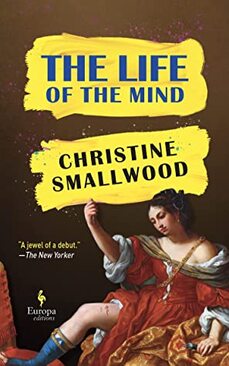
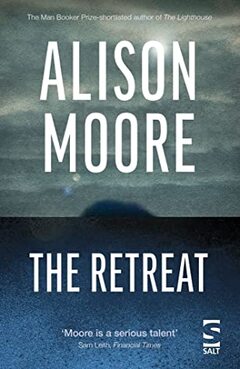

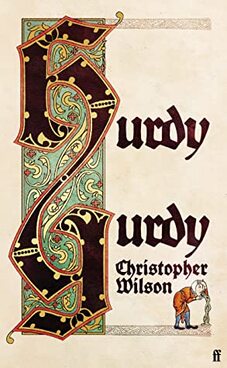
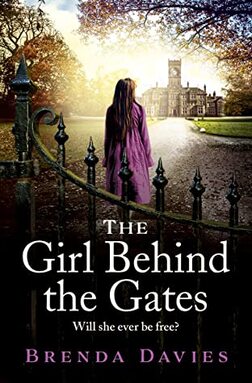
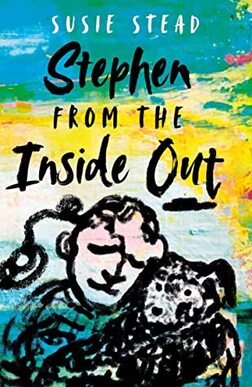
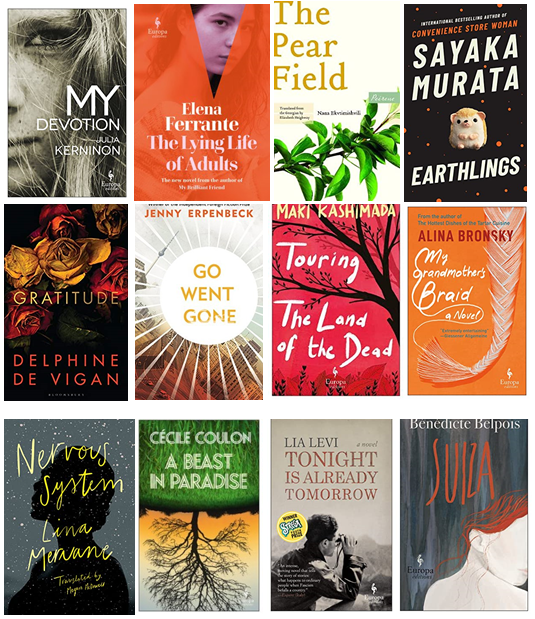
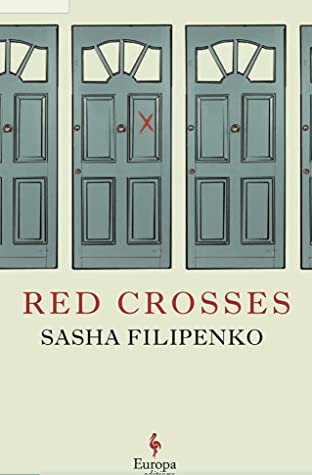
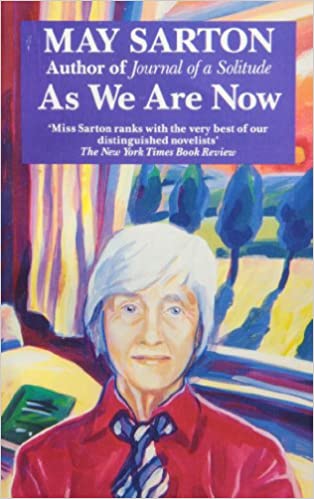
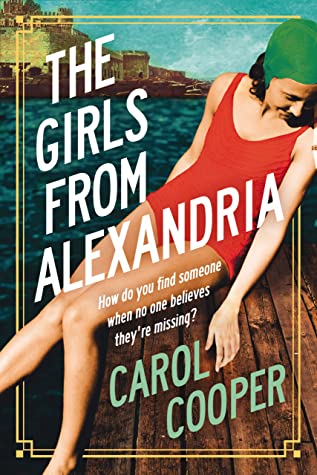
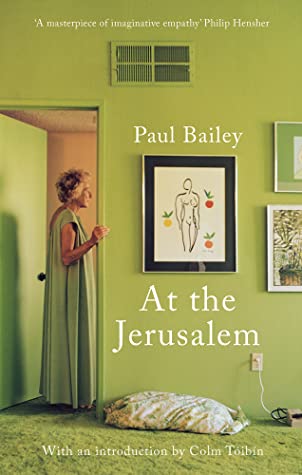
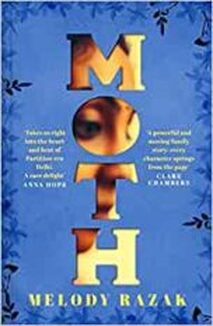
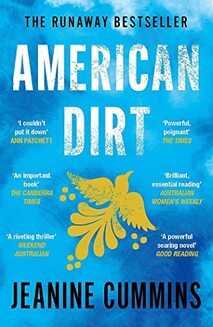
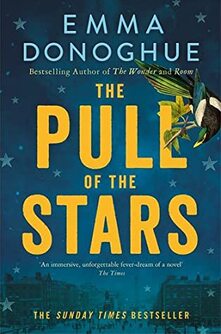
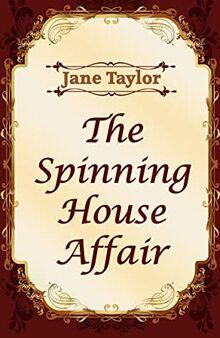
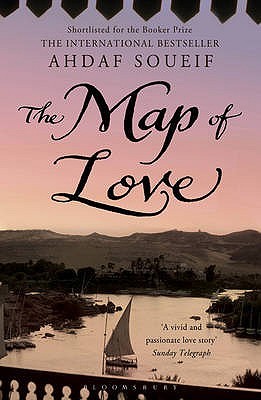
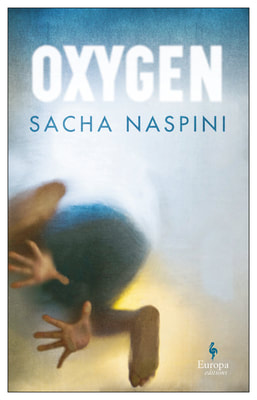
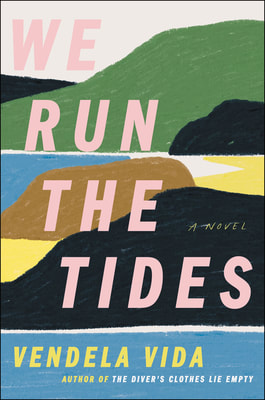
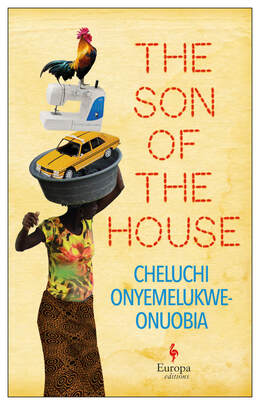
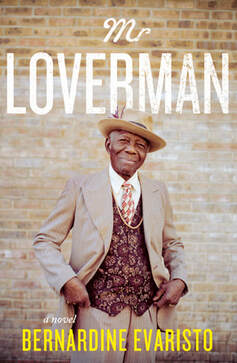
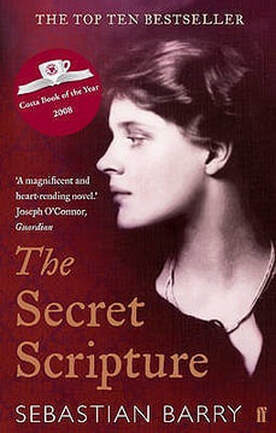
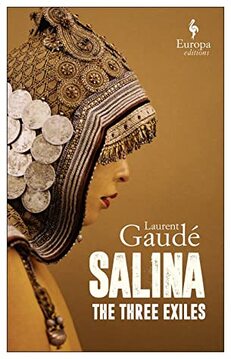
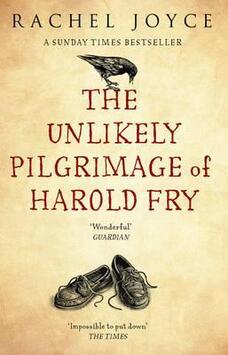
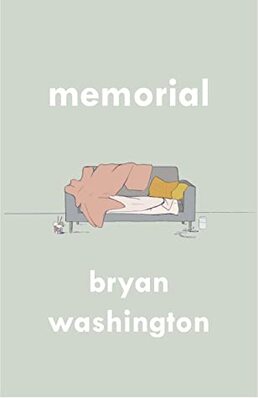
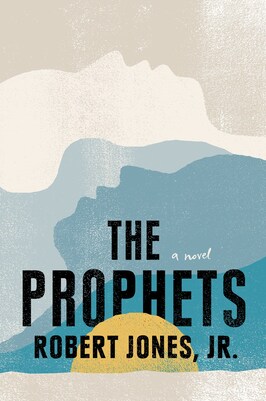
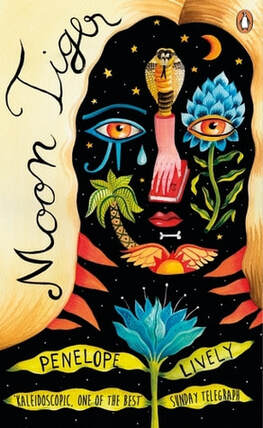
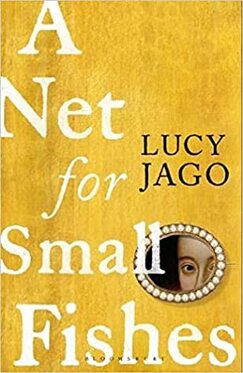
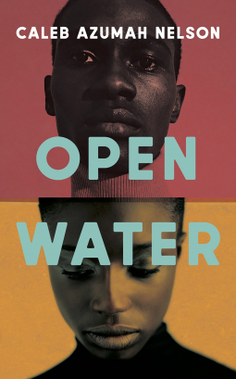
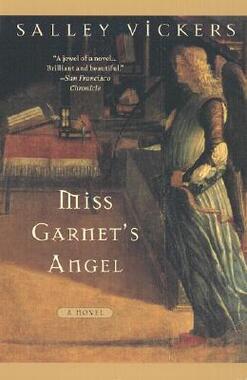
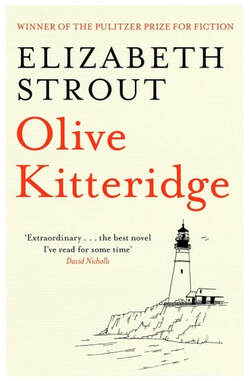
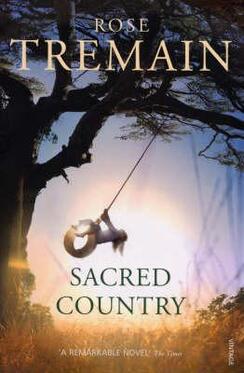
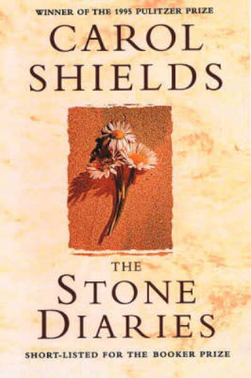
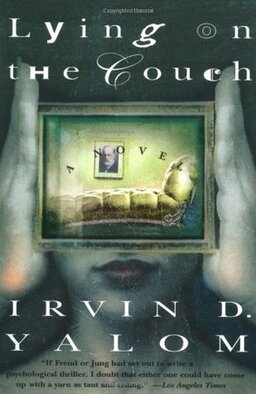
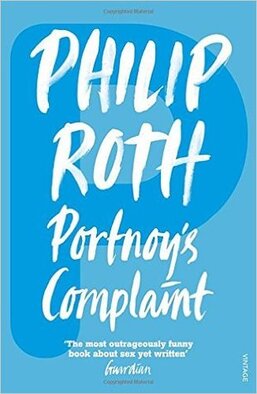
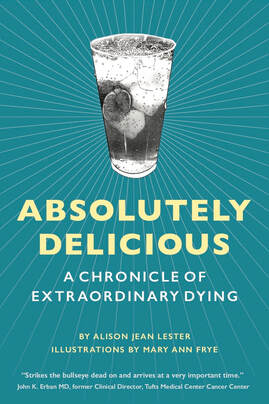
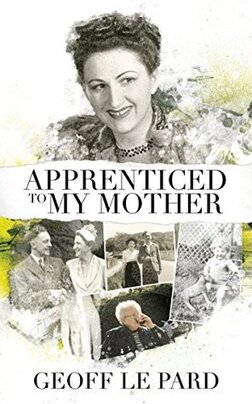
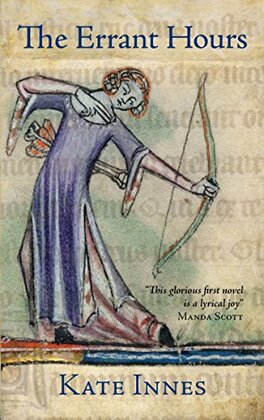
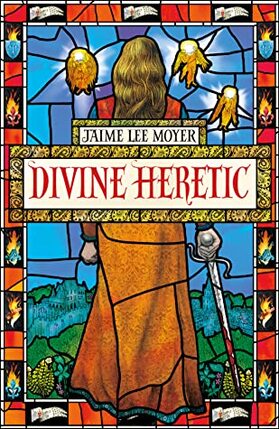
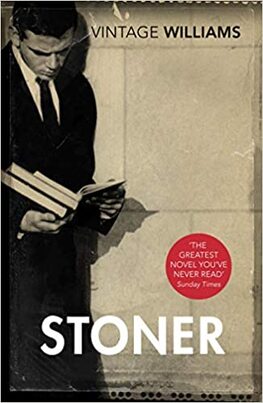

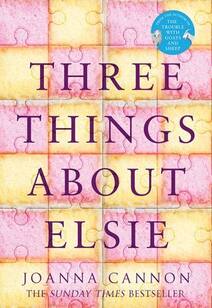

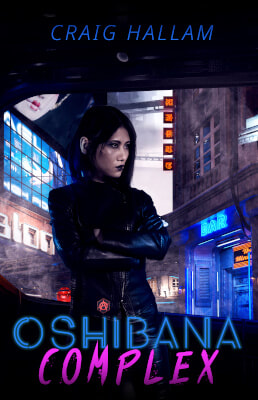





















 RSS Feed
RSS Feed





















